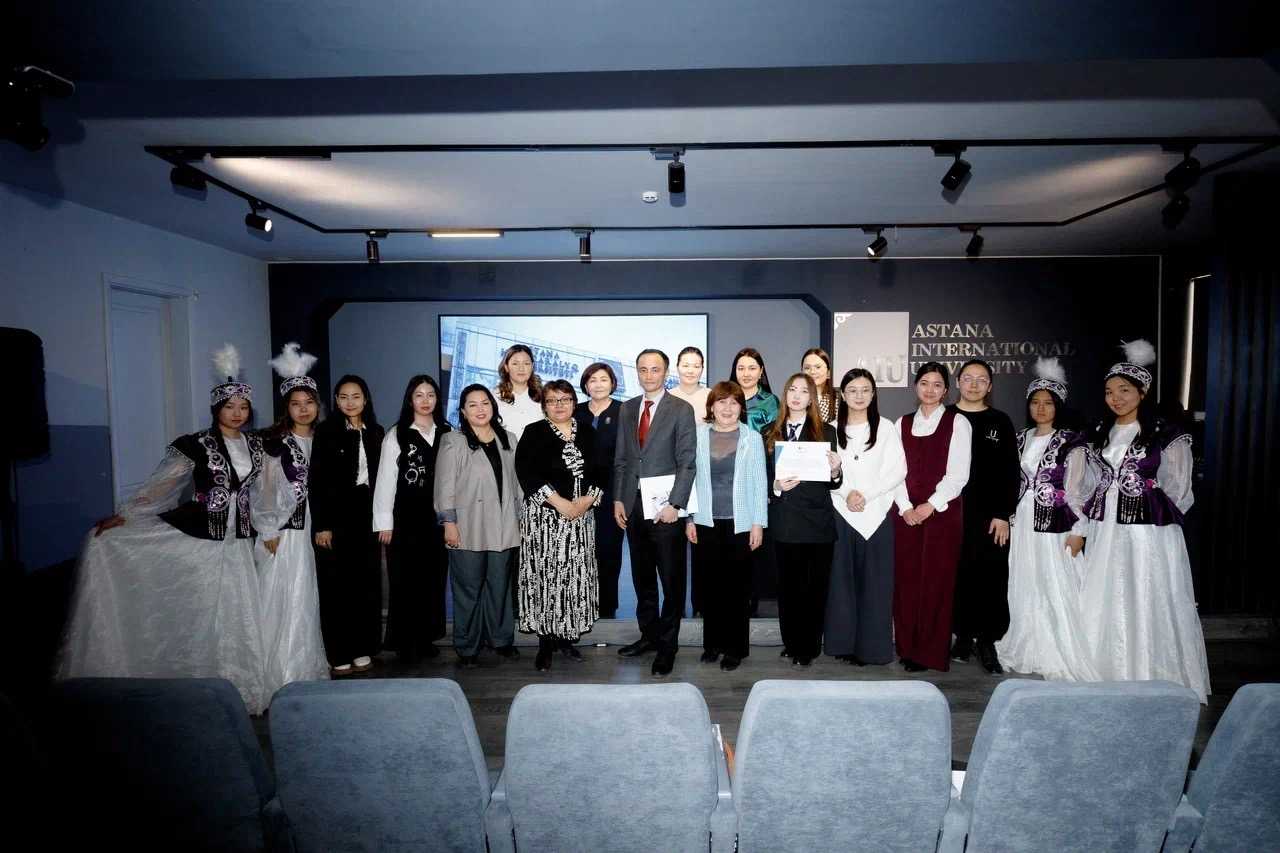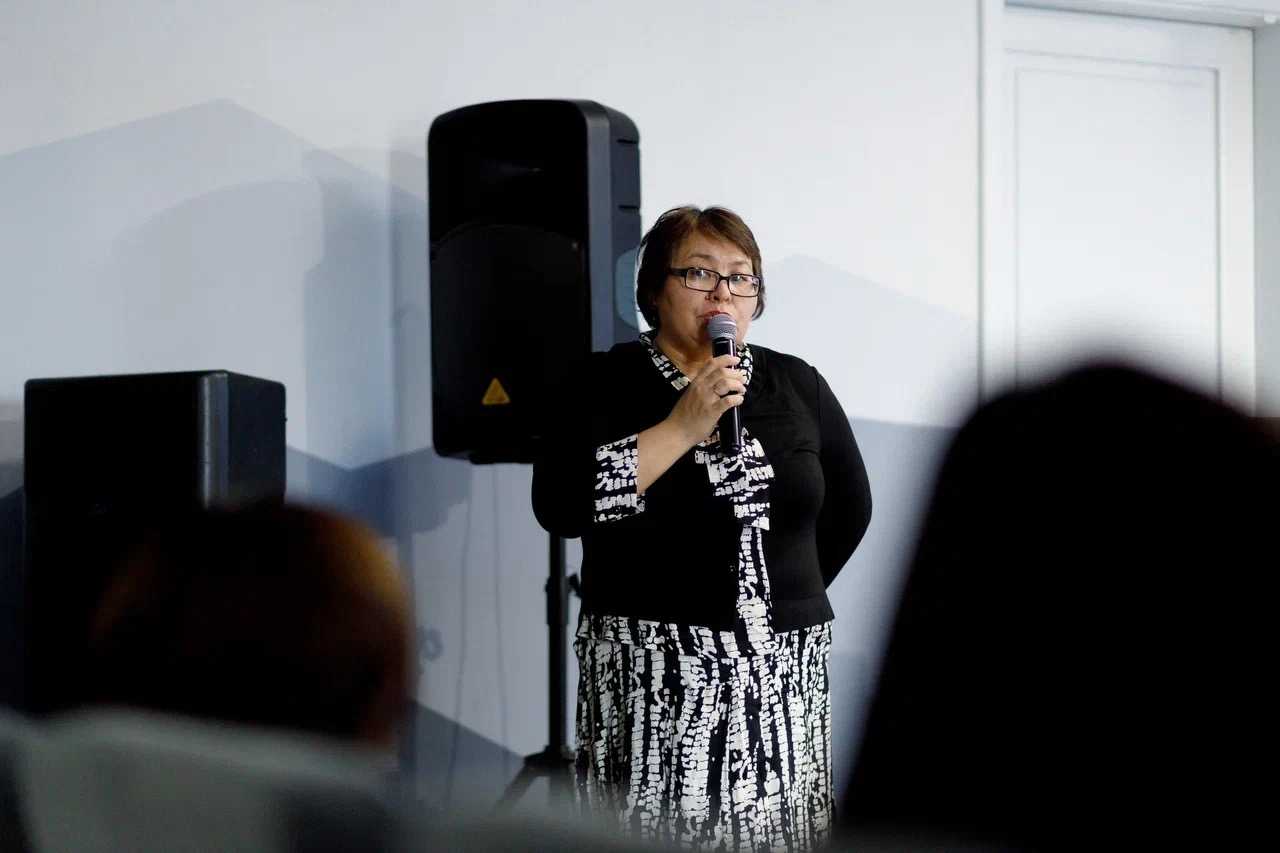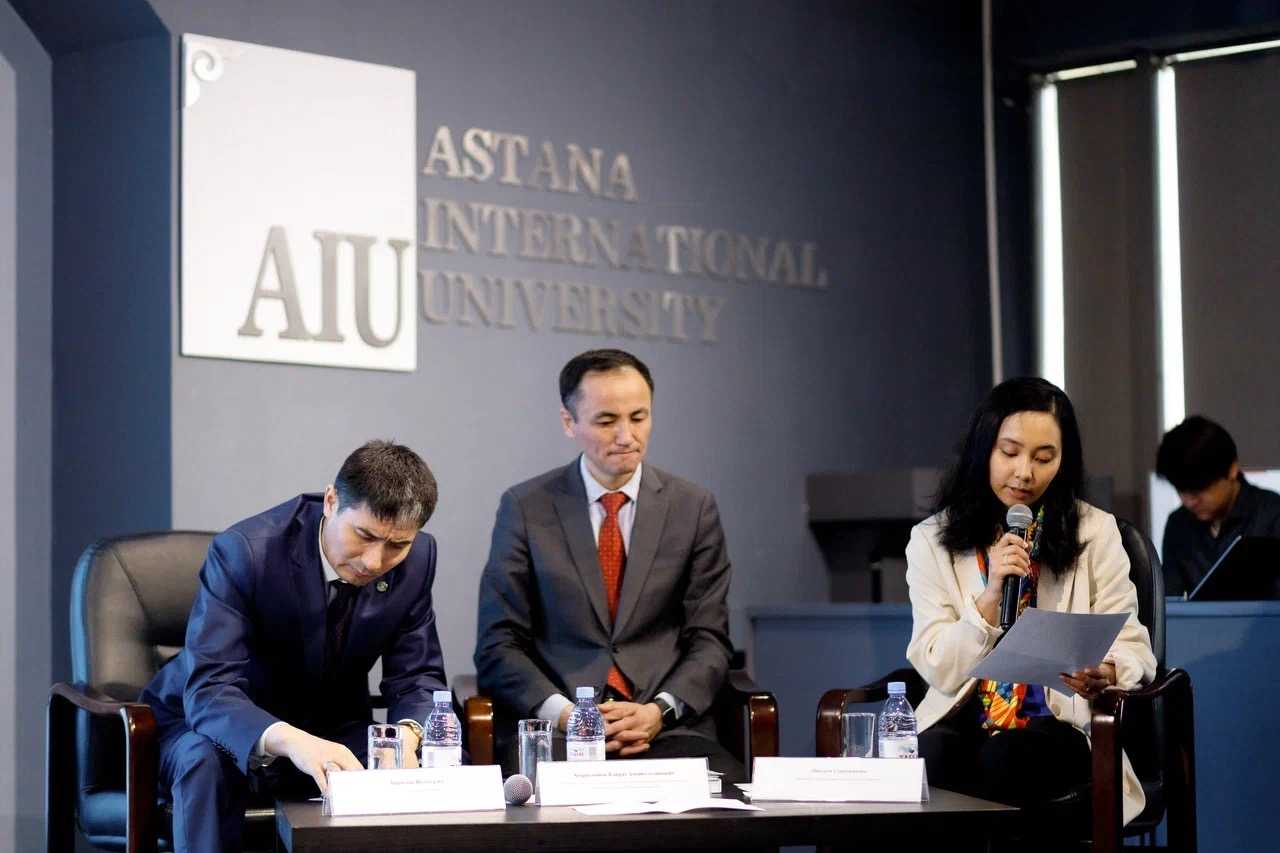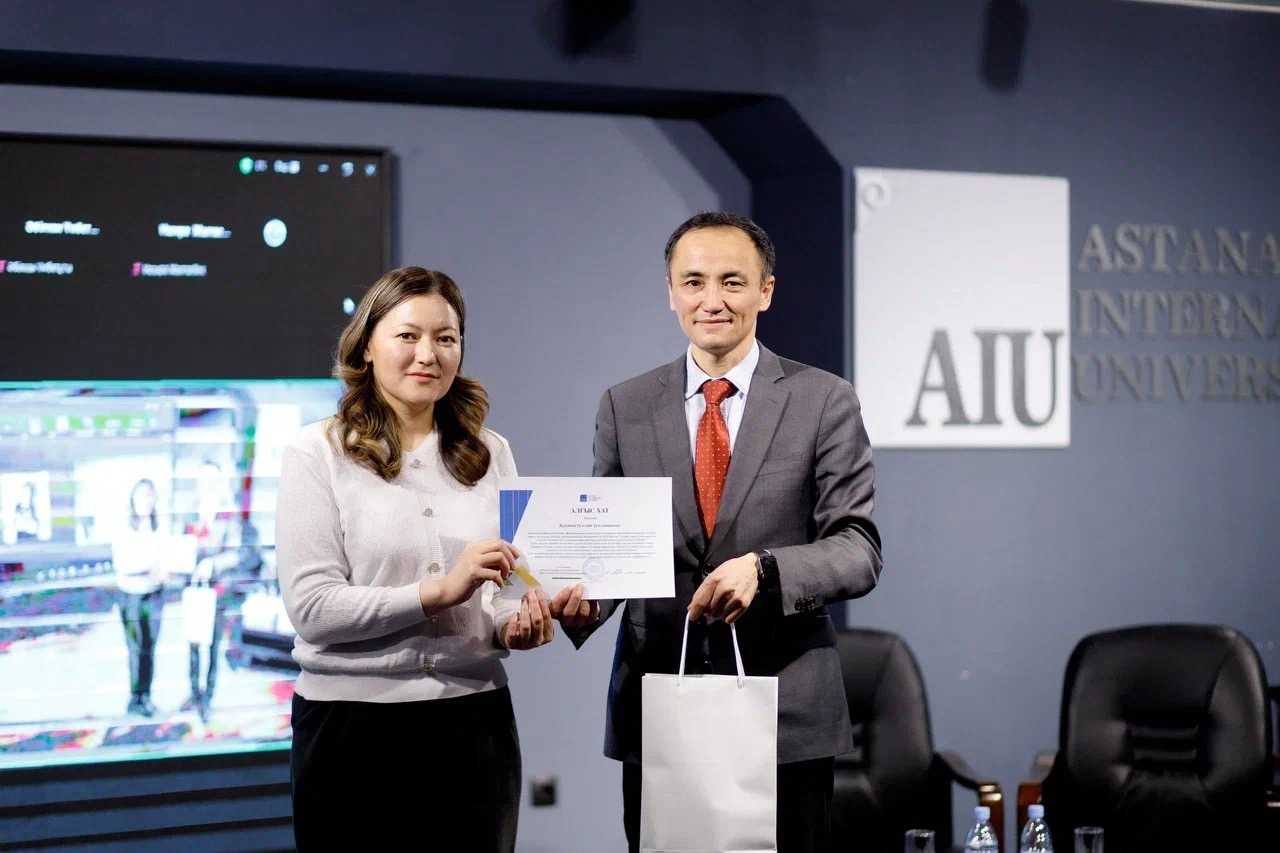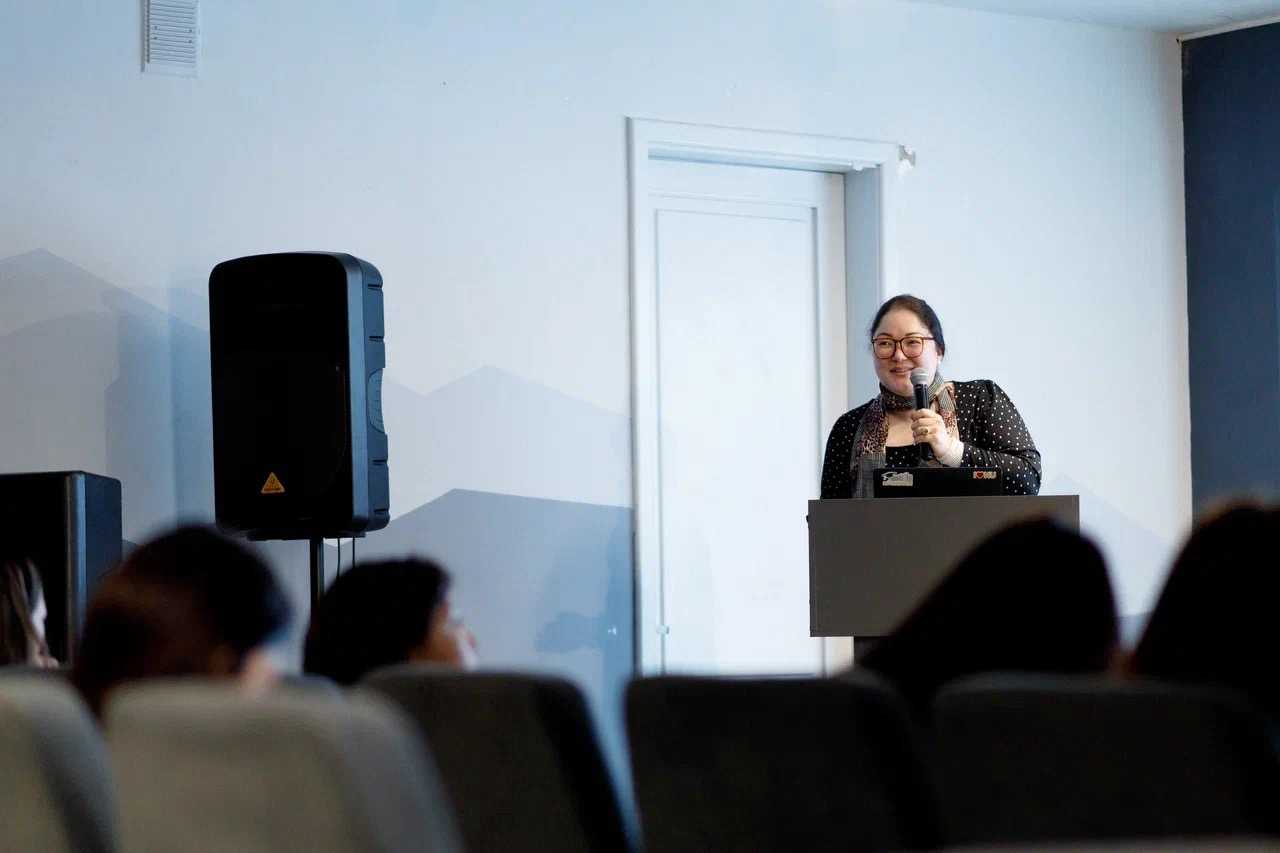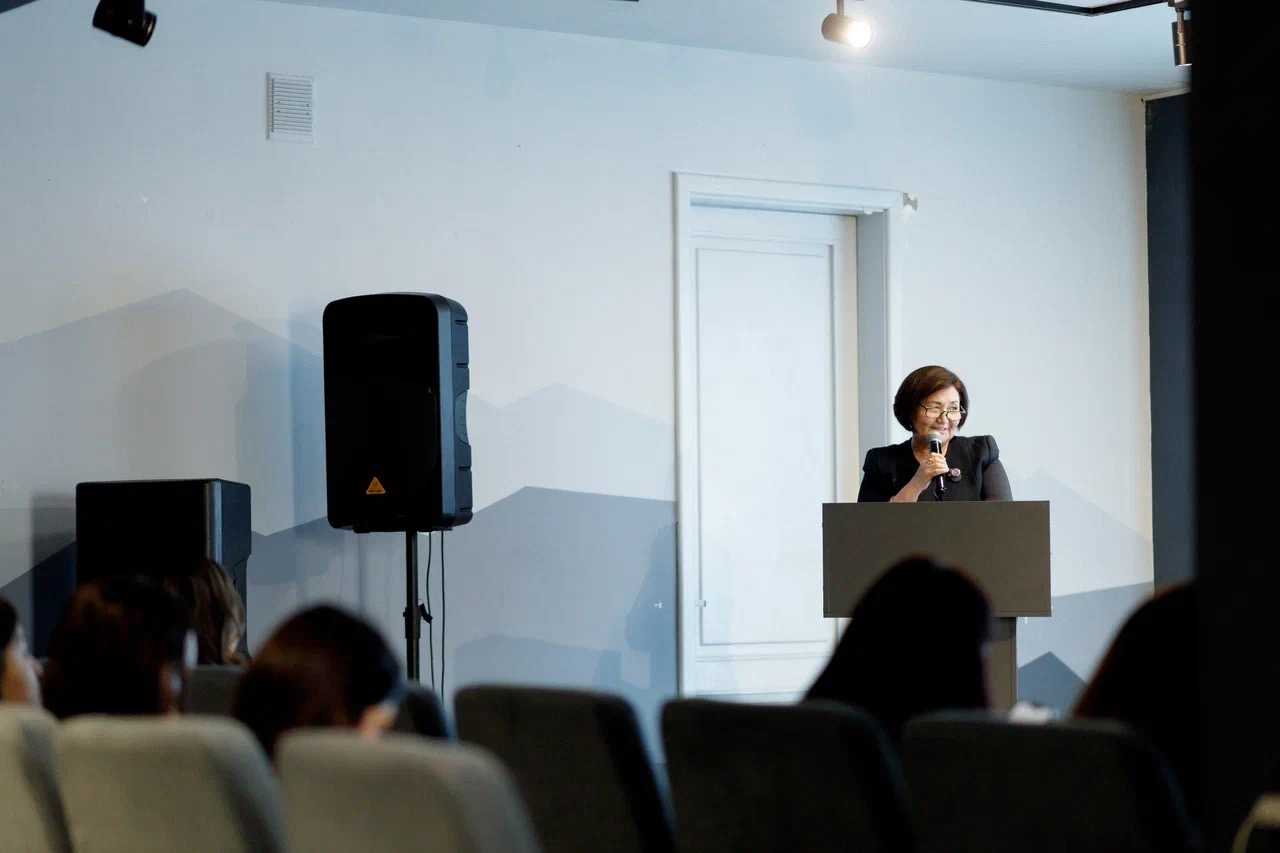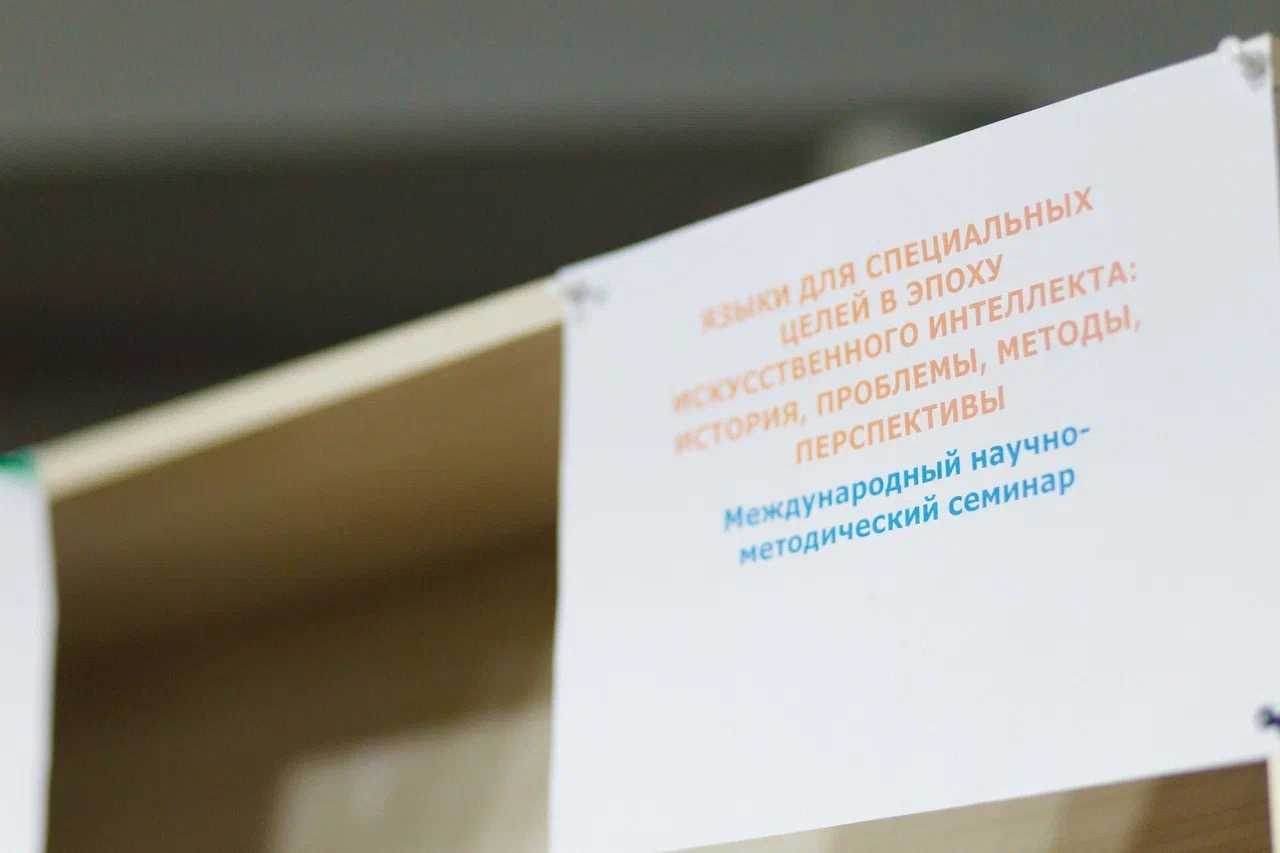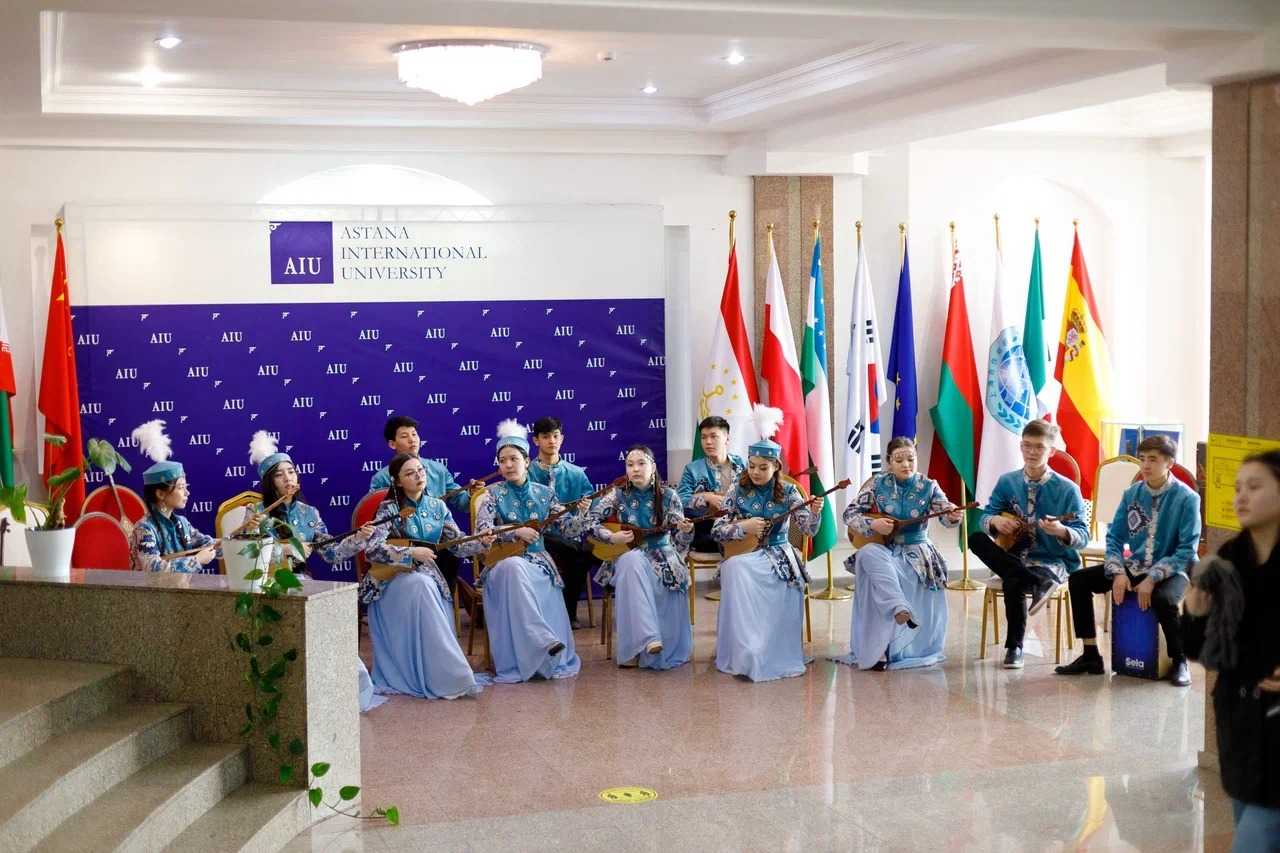On April 3, 2025, Astana International University (AIU) hosted an international scientific and methodological seminar titled "Languages for Special Purposes in the Era of Artificial Intelligence: History, Problems, Methods, Perspectives." The event brought together leading domestic and international experts in linguistics, digital technologies, and education, providing a platform to discuss the impact of artificial intelligence on teaching languages for professional purposes.
Opening of the Seminar
In his opening remarks, AIU Vice President Kairat Amangeldyuly Abdrakhmanov emphasized the relevance and importance of the topic. According to him, the rapid development of digital technologies is introducing new changes to language teaching methodologies, making such scientific gatherings an essential platform for experience exchange.
Scientific Reports and Discussions
During the seminar, several experts presented their research. Aigerim Serikzhanova, Head of the Digital Transformation Department at the Til-Qazyna National Scientific and Practical Center, introduced a project focused on developing electronic resources for the analysis of the Kazakh language. Meanwhile, Aigul Baidibekkyzy, Head of the Lexicology Department at the A. Baitursynuly Institute of Linguistics, PhD in Philology, and Associate Professor, presented an innovative tool for studying the formation processes of Kazakh words.
Dr. Tatia Johnson from the University of Cambridge and EdTech expert Natia Akhvlediani led a discussion titled "Paper Homework is a Thing of the Past. What’s Next?", engaging the audience in an active debate. Within this discussion, Dr. Aigerim Beketovna from Astana International University shared insights into the evolving language policies in higher education.
Practical Sessions and Experience Exchange
The seminar's practical section featured:
-
A presentation by Associate Professor of Astana IT University, PhD in Philology, Sabira Minataevna, who shared her experience in motivating IT students to learn the Kazakh language;
-
A lecture by Madina Kaidagalieva, a lecturer at Astana International University and Master of Pedagogical Sciences, who demonstrated the effectiveness of using artificial intelligence in grammar instruction through the Guided Discovery method;
-
A presentation by Gulzat Tungyshbaevna, a lecturer at L.N. Gumilyov Eurasian National University and Master of Philological Sciences, who introduced the results of analyzing functional-prosodic markers in legal discourse using artificial intelligence.
Seminar Outcomes and Future Plans
The seminar concluded with participants recognizing that artificial intelligence not only transforms language learning methods but also elevates the entire teaching process to a new level. Berikhan Iisbekuly, a leading expert from the Language Policy Committee of the Ministry of Education and Science of Kazakhstan, highlighted the impact of artificial intelligence on language policy and its growing significance in the future.
The organizers expressed their gratitude to all participants and speakers, reaffirming their commitment to further research and collaboration at the intersection of artificial intelligence and linguistics. This seminar has become a significant part of the scientific discourse on the influence of artificial intelligence on the linguistic environment.
